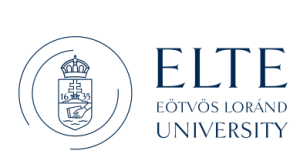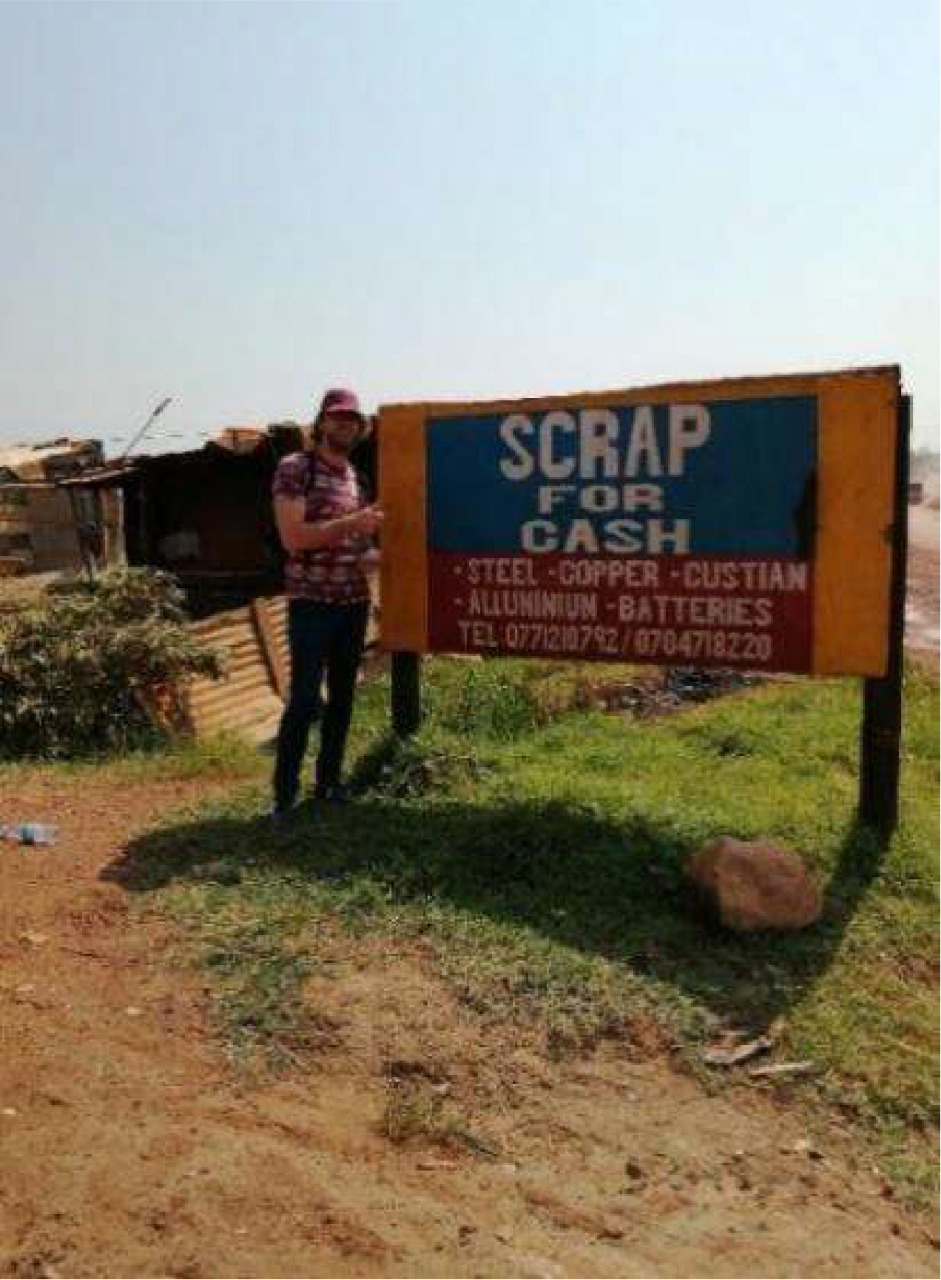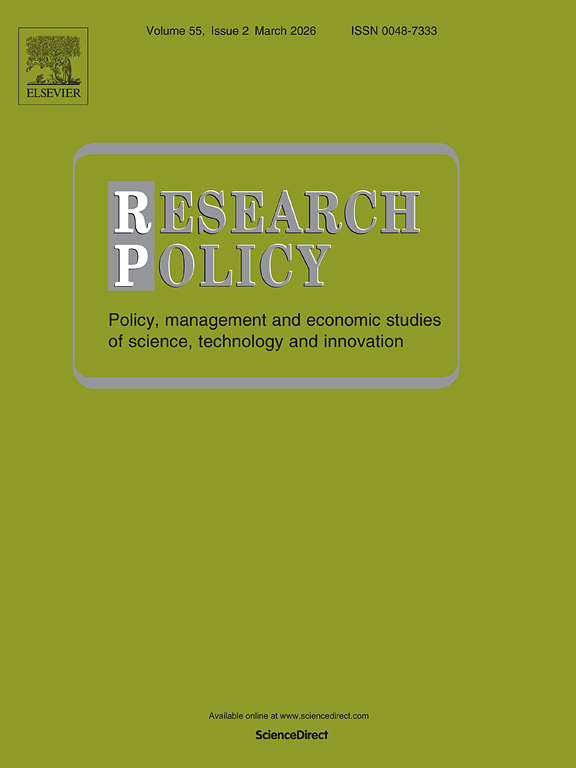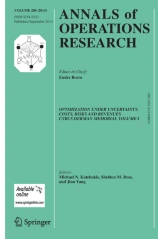5th Visegrad conference
Institute of World Economics
Hungarian Research Network Centre for Economic and Regional Studies
Visegrad – Still alive
Selected policy responses in V4 countries
Date: 05 June 2025
Venue: ZOOM
Registration: Via Google form HERE
Preliminary programme of the 5th Visegrad Conference
TIME SESSION
8:30-8:55 REGISTRATION
8:55-9:00 OPENING OF THE CONFERENCE
9:00-11:00 SESSION 1: Legal, social, and policy impacts of the war in Ukraine on Hungary and Poland
Joint panel of the Institute of World Economics, HUN-REN Centre for Economic and Regional Studies and the Institute for Legal Studies, HUN-REN Centre for Social Sciences
The panel, composed of Polish and Hungarian speakers, presents a comprehensive analysis of the far-reaching consequences of the war in Ukraine on these two EU Member States. It examines good practices and policy measures that Poland and Hungary have implemented within the framework of EU law in refugee protection, with particular attention to homeless people and children. Additionally, the panel explores public discourse on security in the region. The speakers are among the authors of the volume “Refugees, Resources, Security, and Beyond: Legal and Broader Impacts of the War in Ukraine on Hungary and Poland”, which will be introduced during the event.
chair: Boldizsár Szentgáli-Tóth (Institute for Legal Studies, HUN-REN CSS, Hungary)
Panellists:
Csaba Weiner (Institute of World Economics, HUN-REN CERS, Hungary) – Introduction to the book “Refugees, Resources, Security, and Beyond: Legal and Broader Impacts of the War in Ukraine on Hungary and Poland”
Réka Friedery and Balázs Horváthy (Institute of Legal Studies, HUN-REN CSS, Hungary) – Movement of people during the Ukrainian crisis: The EU and the Hungarian dimension of temporary protection
Aleksandra Mężykowska (Institute of Law Studies, Polish Academy of Sciences, Poland) – Evolving national models of temporary protection for refugees from Ukraine: The case of Poland
Piotr Polak (Institute of Law Studies, Polish Academy of Sciences, Poland) – Sheltering the homeless: Legal solutions to provide accommodation for refugees from Ukraine in Poland
Anna Młynarska-Sobaczewska (Institute of Law Studies, Polish Academy of Sciences, Poland) – Children as refugees: The Polish response to the special needs of minors arriving from Ukraine after 24 February 2022
Zoltán Felméry (John Lukacs Institute, Ludovika University of Public Service, Hungary) – Images of the Russian–Ukrainian war in Hungarian and Central and Eastern European public discourses
11:00-11:15 COFFEE BREAK
11:15-13:15 SESSION 2: EU Enlargement and the Visegrad Cooperation
The significance of Visegrad cooperation within the European Union has diminished, particularly in the aftermath of Russia’s aggression in Ukraine. Following the onset of the war, Ukraine, Moldova, and Georgia were swiftly granted official candidate status, bringing EU enlargement back into the spotlight. However, since 2013, no new countries have joined the EU. The Union has adopted stricter accession criteria, emphasizing the necessity of addressing the ‘fundamentals’ first, including the rule of law and democratic standards. This new methodology for enlargement has led to slower negotiations, particularly in the Western Balkans. As a result, the credibility of the EU’s enlargement policy is now at stake. This panel will explore how the V4 countries engage with this vital EU policy and their respective positions on enlargement.
chair: Boglárka Koller (Institute of World Economics, HUN-REN CERS, Hungary)
Panellists:
Olga Gyarfasova (Institute of European Studies and International Relations, Comenius University Bratislava, Slovakia) – EU enlargement: Speaks the V4 with one voice?
Emilia Tudjarovska (Faculty of Social Sciences, IMS, Charles University, Czech Republic) – Re-thinking the EU enlargement in the new geopolitical context: lessons from the past
Natasza Styczynska (Institute of European Studies, Jagiellonian University, Poland) – Direction East: Polish Views on the EU’s Enlargement Policy
Krisztina Arató (Eötvös Loránd University, Faculty of Law, Institute of Political Science, Hungary) – V4 and EU enlargement: the case of an outlier – Hungary
13:15-14:00 LUNCH BREAK
14:00-16:00 SESSION 3: Bottom-up initiatives for policy responses in V4 countries: upgrading trajectories and sustainability in the textile industries
While the textile and garment industry have gone shrinking since the regime change in the Visegrad countries, the sector still bears a significant weight in terms of export and employment. After the forced industrialization of the state-socialist era, this industry became rather neglected from the policy point-of-view and the firms became deeply involved in global value chains through mostly low-value added contract work. The panel explores the upgrading trajectories of Visegrad countries and firms in order to achieve higher value addition and sustainability initiatives, as response to the global megatrend of sustainability.
chair: Emese Dobos (Institute of World Economics, HUN-REN CERS, Hungary)
Panellists:
Ernő Molnár (Faculty of Science and Technology, Institute of Earth Sciences, Department of Social Geography and Regional Development, University of Debrecen, Hungary) – Upgrading and sustainability challenges in the Hungarian TCLF industry: what do the data tell us?
Rudolf Pástor (Slovak Centre of Scientific and Technical Information, Slovakia) – Global production networks and regional transformations: Slovak clothing industry
Monika Murzyn-Kupisz (Department of Regional Development, Institute of Geography and Spatial Management, Jagellonian University, Poland) – Spatial and Non-Spatial Factors Behind the Current Evolution of the Clothing Industry in Poland
Linda Havrlíková (Association of Textile Clothing Leather Industry, Czech Republic) – Beyond sustainability – wool textile and clothing creations
16:00-16:05 CLOSING OF THE CONFERENCE
Invitation: HERE
Programme: HERE
Participation is free of charge, but you need to register HERE before 15 May 2025, and you will receive the ZOOM link to join no later than 8.00 on the day.
In case of any questions, please send an e-mail to vgi.titkarsag@krtk.hu







